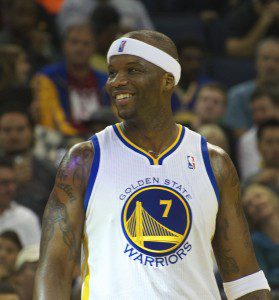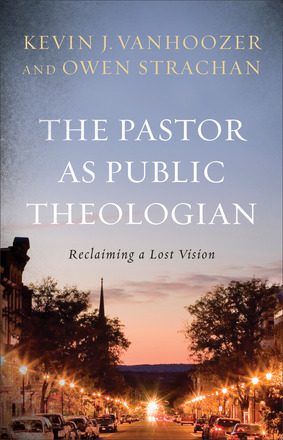 Happy March Madness season, everyone. Let there be compulsive score-checking for all. I have Baylor losing to UNC in the final (What can I say? I’m partial to Baptists).
Happy March Madness season, everyone. Let there be compulsive score-checking for all. I have Baylor losing to UNC in the final (What can I say? I’m partial to Baptists).
In the recent issue of ESPN the Magazine, Henry Abbott wrote a devastating critique of Kobe Bryant, Carmelo Anthony, and what Abbott called “hero ball.” Hero ball is essentially the basketball tactic of giving the ball repeatedly to your superstar, having them go one-on-one like a bull after a toreador, and hoping that they singlehandedly win the game.
Here’s what Abbott said of “hero ball”:
Perhaps you’ve heard of hero ball. Maybe not. That would hardly be a surprise, as its practitioners like to pretend it doesn’t exist. But even though hero ball looks suspiciously like basketball — it’s played on the same court and uses the same rims, same ball and at least some of the same players — it differs from basketball in one key respect: The goal of hero ball is not necessarily to outscore your opponent. The goal of hero ball is, instead, appeasing egos, saving coaching jobs, kowtowing to talking heads and mollifying idiot owners sitting on the floor. If hero ball is tangentially about winning basketball games, it’s about winning them only through the least efficient, most predictable means of doing so.
Here’s the whole piece. It is a stem winder.
As you might have picked up from last week’s post on the waning of Linsanity, I hate hero ball. I played on teams that practiced this sort of thing, and it stunk. Basketball is best played as a game of moving and interweaving parts, not as an exercise in ego. The coverage of the quitting of Knicks coach Mike D’Antoni makes clear that he was very much butting up against hero ball; Carmelo wanted to be the Kobe-like center of all things and resisted the motion offense that worked so incredibly well when he was sidelined with an injury (see ESPN and the NYT). This debacle of a season belongs mostly to Carmelo. It stinks.
You definitely need a major playmaker if you want to win a title. It’s no bad thing to have a leader on a team. But that leader must constantly check his ego to make sure that others are invested in the greater goal and are able to use their own strengths for the team’s betterment. Godly confidence is good and right; a crucial part of it, though, is humility. You’re confident enough in God and his work in you that you are humble. The Christian leader is perhaps most different from the worldly leader in that, as one saved by the God who became man, he is tenaciously humble, always looking to encourage others, always sacrificing so others can shine. To use sports language, he “makes everyone around him better,” not worse.
If Christian leadership succumbs to a form of so-called “hero ball,” it is no better than the world, and it seems to suggest that the gospel does not transform. It says, in other words, that God lies.
Sports are not ultimately important, and sometimes we too eagerly act as if they are a perfect template for spiritual matters. That said, while Christian pastors and leaders must very clearly lead, and lead with strength and boldness, they must never play “hero ball.” Our hero, Jesus Christ, did not come to be exalted, but to suffer (Matthew 20:28). Because of his humility, he will be exalted.
So it is with you and me. Seek your own glory–you will be made low. Seek God’s glory in humility–you will be exalted. The irony is thick, and it tastes delicious.











